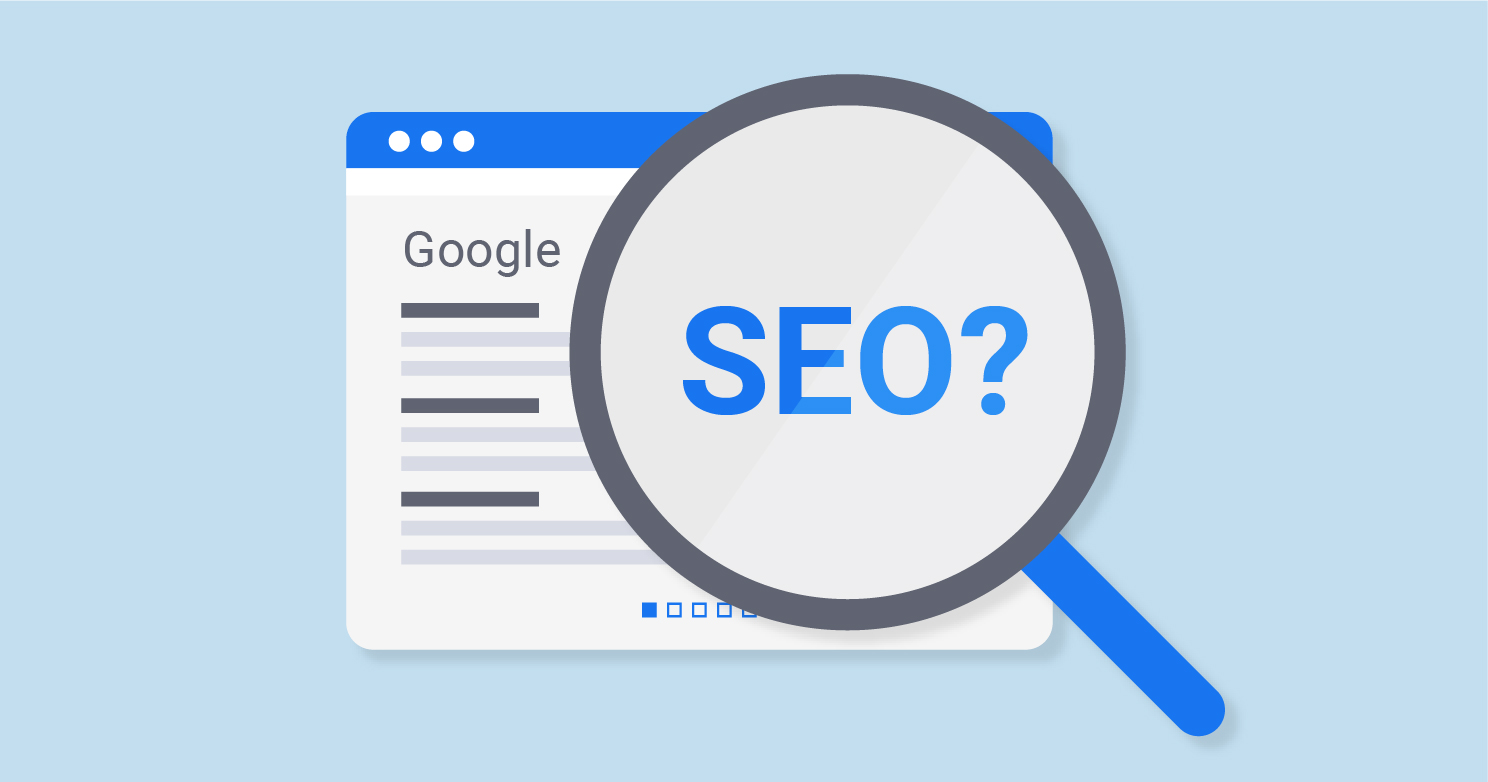In the vast landscape of the internet, where countless websites vie for attention, visibility is paramount. Search Engine Optimization (SEO) serves as the cornerstone for achieving prominence in this digital realm. But what exactly is SEO, how does it function, and why is it indispensable for businesses and individuals alike?
What is SEO?
SEO encompasses a set of strategies, techniques, and practices aimed at enhancing a website’s visibility and ranking on search engine results pages (SERPs). The primary objective is to attract organic (non-paid) traffic by optimizing various elements of a website to align with search engine algorithms.
How Does SEO Work?
At its core, SEO revolves around understanding and catering to search engine algorithms, which constantly evolve to provide users with the most relevant and valuable content. While these algorithms consider numerous factors, some fundamental components include:
- Keywords: Keywords are the foundation of SEO. They are the terms and phrases users input into search engines when seeking information. By strategically incorporating relevant keywords into website content, including titles, headings, and meta descriptions, websites increase their chances of appearing in relevant search results.
- Content Quality: Search engines prioritize high-quality, informative, and engaging content. Regularly updating a website with fresh, valuable content not only attracts visitors but also signals to search engines that the site is credible and relevant to users’ queries.
- Backlinks: Backlinks, or inbound links from other websites, serve as a vote of confidence for a site’s credibility and authority. The quality and quantity of backlinks influence a website’s ranking, with links from reputable and relevant sources carrying more weight.
- Site Structure and Navigation: A well-organized website structure and intuitive navigation enhance user experience and make it easier for search engine crawlers to index and understand the content. This includes optimizing URLs, internal linking, and mobile responsiveness.
- Technical Optimization: Technical aspects such as website speed, security, and mobile-friendliness are crucial for SEO. Search engines prioritize websites that offer a seamless user experience across different devices and load quickly to meet users’ expectations.
- User Experience: Factors like bounce rate, dwell time, and click-through rate indirectly impact SEO. Websites that provide a positive user experience by delivering relevant, accessible, and user-friendly content tend to rank higher in search results.
Why is SEO Important?
- Increased Visibility: With billions of searches conducted daily, appearing at the top of SERPs significantly boosts a website’s visibility, leading to more organic traffic and exposure to potential customers.
- Credibility and Trust: Websites that rank higher in search results are perceived as more credible and trustworthy by users. Establishing authority through SEO can enhance brand reputation and foster long-term relationships with customers.
- Cost-Effective Marketing: Unlike paid advertising, which incurs ongoing expenses, SEO offers a sustainable and cost-effective means of driving organic traffic. While initial investments may be required for optimization efforts, the long-term benefits far outweigh the costs.
- Competitive Advantage: In today’s competitive digital landscape, SEO can provide a competitive edge by ensuring that a website stands out amidst the sea of online competitors. By consistently optimizing and adapting to algorithm changes, businesses can maintain their position ahead of rivals.
- Targeted Traffic: SEO enables businesses to target specific demographics, locations, or interests based on keyword optimization and content strategy. This targeted approach ensures that the traffic driven to the website is more likely to convert into leads or customers.
In conclusion, SEO serves as a powerful tool for enhancing online visibility, credibility, and profitability. By understanding its mechanisms and implementing effective strategies, businesses and individuals can navigate the complex digital landscape with confidence, securing their rightful place at the top of search engine results pages.









Comments (0)